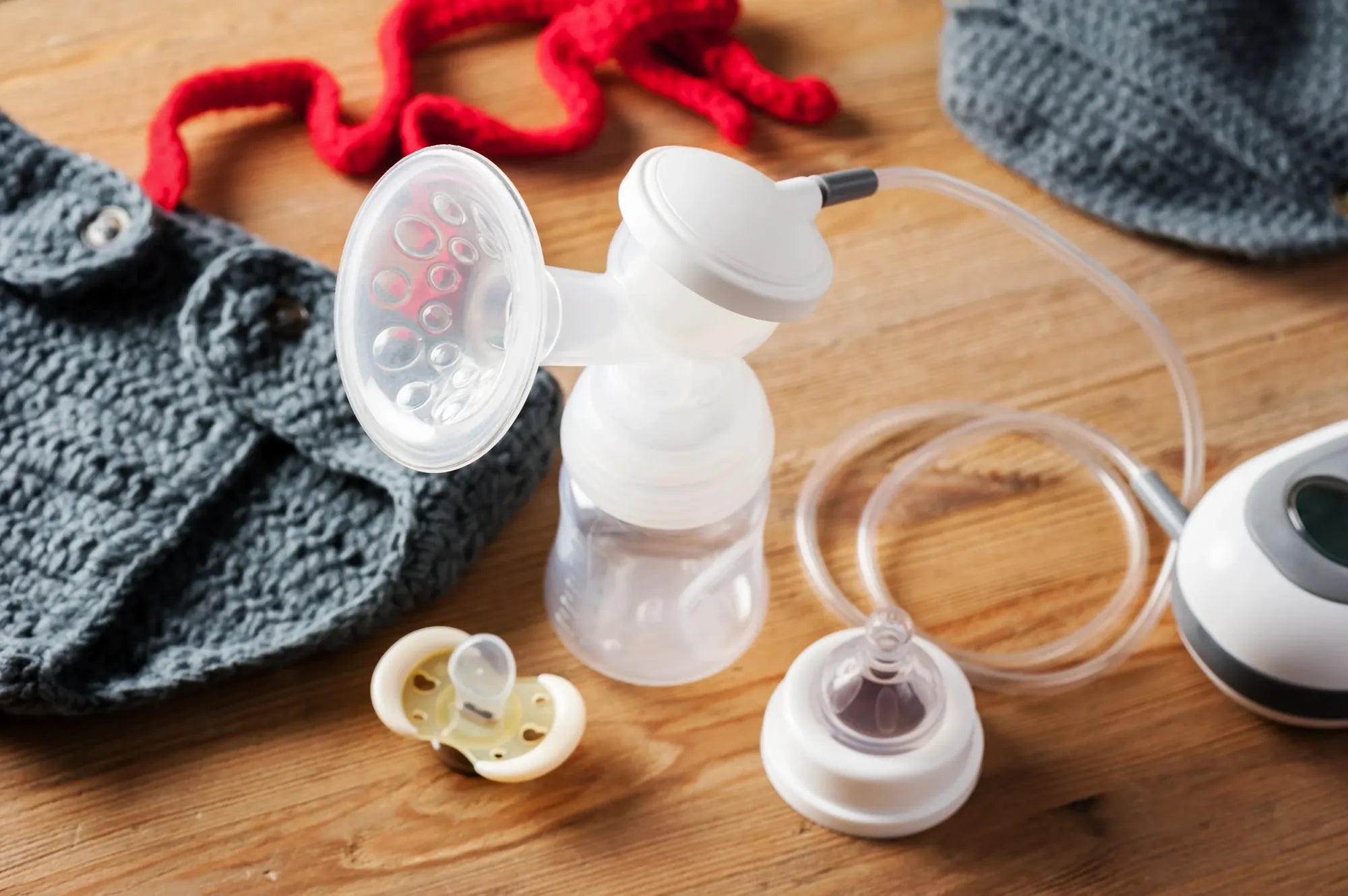Home
Pregnancy, Breastfeeding, and Pumping: The Ultimate Guide for Moms
Can You Breast Pump at 37 Weeks Pregnant? What You Need to Know

Can You Breast Pump at 37 Weeks Pregnant? What You Need to Know
As you approach the final weeks of pregnancy, you may be wondering about the best ways to prepare for breastfeeding. One common question many expectant mothers ask is, Can you breast pump at 37 weeks pregnant? The answer isn't straightforward, as it depends on various factors, including your health, your baby's development, and your doctor's advice. In this article, we'll dive into the details of using a breast pump during late pregnancy, its potential benefits, and the precautions you should take.
Understanding the Basics of Breast Pumping During Pregnancy
Breast pumping during pregnancy is a topic that sparks curiosity and concern. At 37 weeks, your body is in the final stages of preparing for childbirth and breastfeeding. While some women may consider pumping to collect colostrum or stimulate milk production, it's essential to understand the implications. Breast pumping can trigger uterine contractions, which might not be ideal if you're not yet ready for labor. Always consult your healthcare provider before starting any pumping routine during pregnancy.
Potential Benefits of Pumping at 37 Weeks
There are a few potential benefits to using a breast pump at 37 weeks pregnant. For instance, pumping can help you collect colostrum, the nutrient-rich first milk your body produces. This can be particularly useful if you anticipate breastfeeding challenges or if your baby is at risk of needing supplemental feeding. Additionally, some women find that pumping helps them feel more prepared and confident about breastfeeding after delivery.
Risks and Precautions to Consider
While there are potential benefits, there are also risks associated with breast pumping at 37 weeks. One of the primary concerns is the possibility of inducing labor. Nipple stimulation, including pumping, can release oxytocin, a hormone that triggers contractions. If you have a high-risk pregnancy or a history of preterm labor, your doctor may advise against pumping. It's crucial to weigh the risks and benefits carefully and follow medical guidance.
When Is the Right Time to Start Pumping?
Timing is everything when it comes to breast pumping during pregnancy. For most women, it's safest to wait until after delivery to begin pumping regularly. However, if you have specific reasons for wanting to pump at 37 weeks, such as collecting colostrum, discuss your plans with your healthcare provider. They can help you determine the best approach based on your individual circumstances.
How to Safely Use a Breast Pump at 37 Weeks
If your doctor gives you the green light to pump at 37 weeks, it's essential to do so safely. Start with short sessions, no more than 5-10 minutes at a time, to minimize the risk of triggering contractions. Use a low suction setting and stop immediately if you experience any discomfort or unusual symptoms. Always prioritize your health and your baby's well-being.
Preparing for Breastfeeding After Delivery
Whether or not you choose to pump at 37 weeks, there are other ways to prepare for breastfeeding. Educate yourself about proper latch techniques, the importance of skin-to-skin contact, and how to recognize hunger cues. Consider attending a breastfeeding class or joining a support group to connect with other expectant mothers. The more you know, the more confident you'll feel when the time comes.
Common Myths About Breast Pumping During Pregnancy
There are many myths surrounding breast pumping during pregnancy. Some people believe that pumping can increase milk supply before delivery, but this isn't necessarily true. Others think that pumping is unsafe at any stage of pregnancy, which is also inaccurate. It's important to separate fact from fiction and rely on credible sources of information, such as your healthcare provider.
What to Expect in the First Few Days After Delivery
After your baby is born, your body will begin producing colostrum, followed by mature milk. Breastfeeding in the early days can be challenging, but it's a learning process for both you and your baby. If you pumped colostrum during pregnancy, you may have a small supply ready to use if needed. Remember to be patient with yourself and seek support if you encounter difficulties.
Final Thoughts on Breast Pumping at 37 Weeks
Deciding whether to breast pump at 37 weeks pregnant is a personal choice that should be made in consultation with your healthcare provider. While there are potential benefits, such as collecting colostrum, there are also risks to consider. By staying informed and prioritizing safety, you can make the best decision for you and your baby. As you prepare for the arrival of your little one, remember that every mother's journey is unique, and there's no one-size-fits-all approach to breastfeeding.
Breastfeeding is a beautiful and rewarding experience, but it can also come with challenges. Whether you choose to pump at 37 weeks or wait until after delivery, the most important thing is to feel confident and supported in your decisions. With the right preparation and guidance, you'll be well on your way to a successful breastfeeding journey. So, take a deep breath, trust your instincts, and get ready to welcome your baby into the world!
Share

